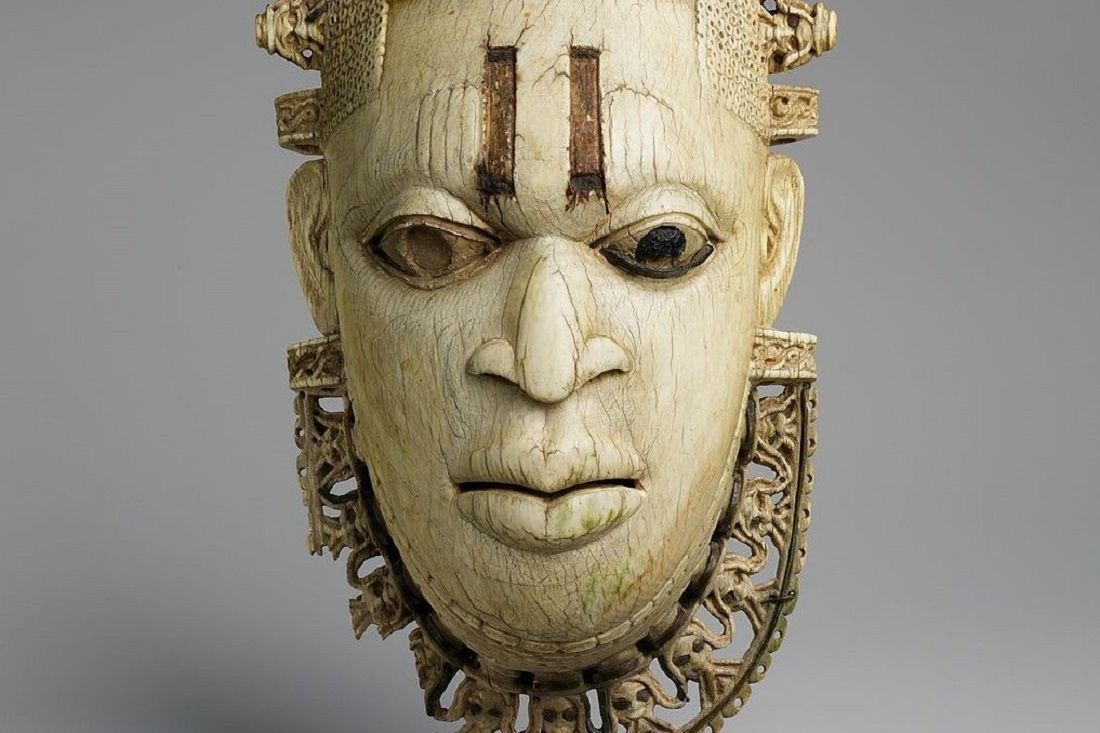
Aspects Of African Traditional Religion. They believed in both good and bad spirits. Side by side with their high levels of commitment to Christianity and Islam many people in the countries surveyed retain beliefs and rituals that are characteristic of traditional African religions. There is in it the element of continuity as well as discontinuity. These traditions are not religious principles but a cultural identity that is passed on through stories myths and tales.

In the dry areas of Africa certain priests would specialize as rain-makers. These traditions have been passed from one generation to the next. First of all they emerged in specific and rather secluded communities and for a very long time they did not come into contact with other cultures or religions Crafford 1996 p 2. People would pray to God spirits ancestors so as to ask for blessings in order to have a good harvest. 41 Dance and Music13-15 42 Drinking of Alcohol15-17 43 Hunting18-19 44 Initiation Rites and Female Genital Mutilation19-21 45 Supernatural Forces Evil Spirits Witchcraft and Other Practices21-25 46 Traditional Healing and Traditional Healers25-29 47 Tribal Chiefs and Traditional Leaders29-31 48 The Status of. Every aspect of it cannot be described as original.
Most African religions acknowledge the existence of a supreme deity who created the world and then in most cases retired from dealing with earthly affairs.
In the dry areas of Africa certain priests would specialize as rain-makers. Most African religions acknowledge the existence of a supreme deity who created the world and then in most cases retired from dealing with earthly affairs. These traditions have been passed from one generation to the next. Every aspect of it cannot be described as original. Virtue in traditional African religion is often connected with carrying out obligations of the communal aspect of life. Thus strictly speaking religion in its pristine form is no longer in existence.